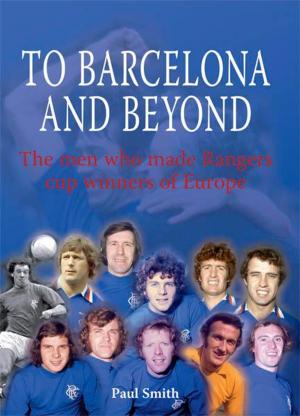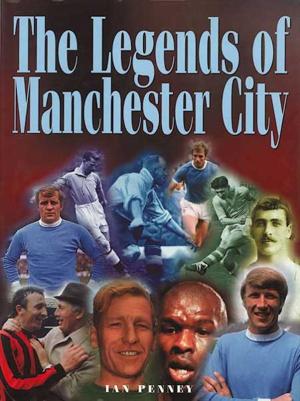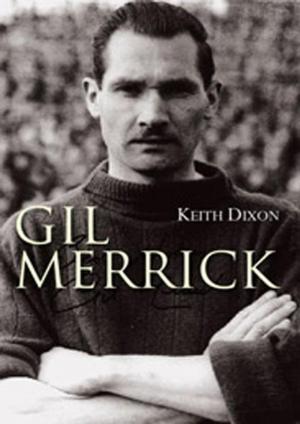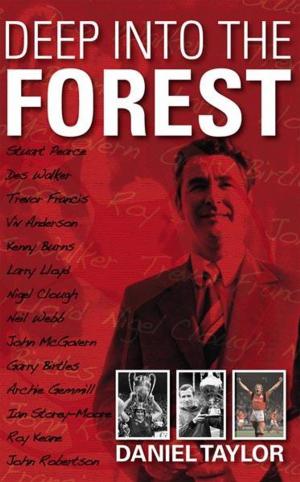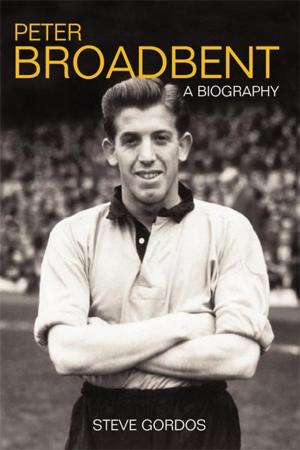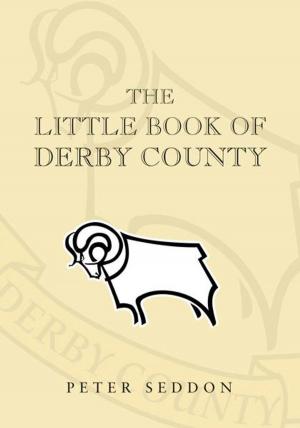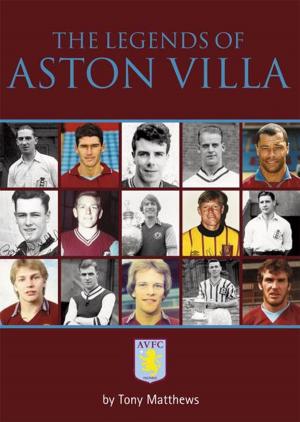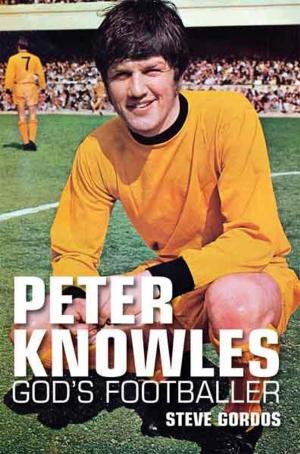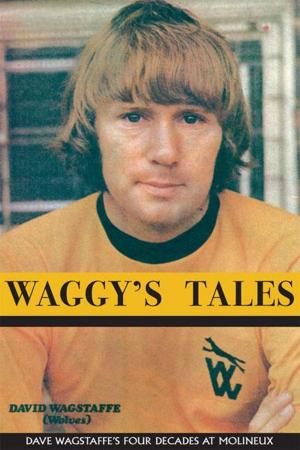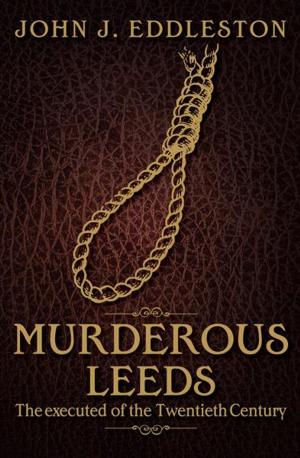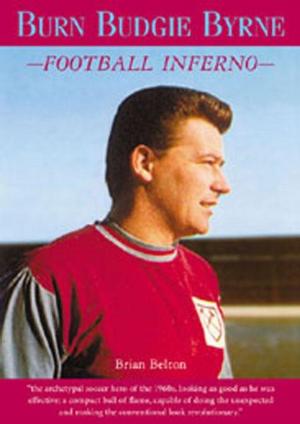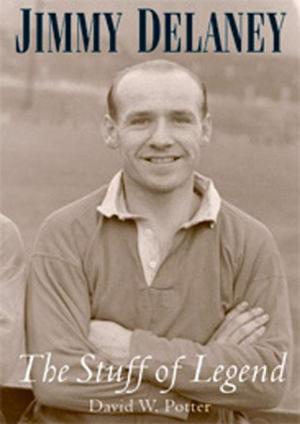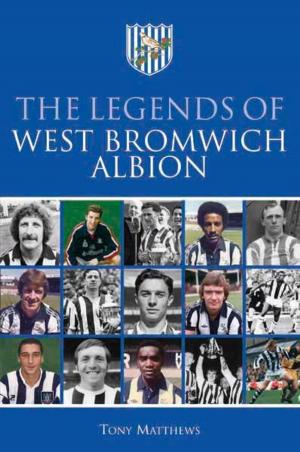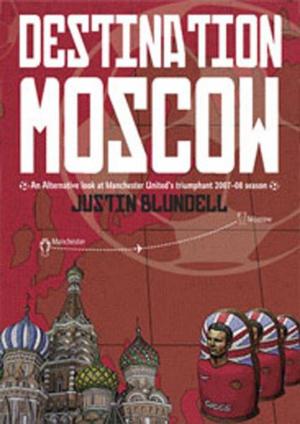| Author: | Shelia Barry | ISBN: | 9781908234872 |
| Publisher: | DB Publishing | Publication: | May 11, 2011 |
| Imprint: | Language: | English |
| Author: | Shelia Barry |
| ISBN: | 9781908234872 |
| Publisher: | DB Publishing |
| Publication: | May 11, 2011 |
| Imprint: | |
| Language: | English |
When her parents were killed in an accident in 1946, a year after the end of World War Two, 17-year-old Sheila Collins (later Barry) left her job at a factory in Ipswich and escaped to rural west Wales to live with her aunt and uncle, Madge and Cecil, at Penrallt, the farm they had just bought and retired to.It was a very different life from the one she had known, but she took to it like a duck to water. The ancient farmhouse had neither electricity nor piped water, and the sheds and byres were full of horses, cows and pigs, each with their own name and personality. Sheila immediately became part of the Penrallt community, where her slightly eccentric family of in-comers learned to farm with the help of experienced locals.In Theres a calf in the sitting room... Sheila lovingly recalls daily life on the farm in the forties and fifties, when farming was almost organic and primarily horse driven. Episodes are retold with humour and affection:descriptions of getting in the hay and corn harvests and of the old, horse-drawn implements; sending favourite cows to market and enticing pigs to slaughter or the boar; tussles with calves wandering in and out, and cow much just about everywhere!
When her parents were killed in an accident in 1946, a year after the end of World War Two, 17-year-old Sheila Collins (later Barry) left her job at a factory in Ipswich and escaped to rural west Wales to live with her aunt and uncle, Madge and Cecil, at Penrallt, the farm they had just bought and retired to.It was a very different life from the one she had known, but she took to it like a duck to water. The ancient farmhouse had neither electricity nor piped water, and the sheds and byres were full of horses, cows and pigs, each with their own name and personality. Sheila immediately became part of the Penrallt community, where her slightly eccentric family of in-comers learned to farm with the help of experienced locals.In Theres a calf in the sitting room... Sheila lovingly recalls daily life on the farm in the forties and fifties, when farming was almost organic and primarily horse driven. Episodes are retold with humour and affection:descriptions of getting in the hay and corn harvests and of the old, horse-drawn implements; sending favourite cows to market and enticing pigs to slaughter or the boar; tussles with calves wandering in and out, and cow much just about everywhere!

